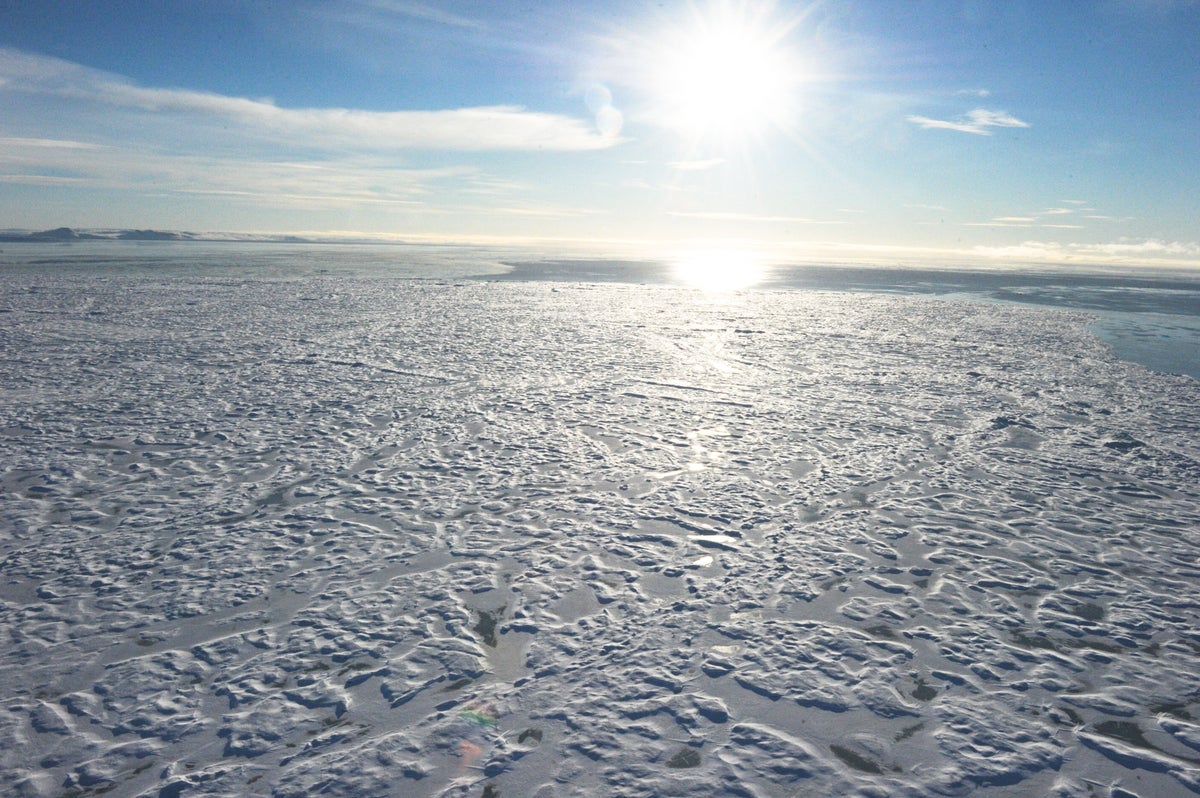
"Critics warn that U.K. investment in geoengineering research, such as refreezing sea ice, diverts attention from the crucial need to reduce greenhouse gas emissions."
"The Re-Thickening Arctic Sea Ice project aims to reverse the melting ice by spraying seawater on ice floes, hoping to create a thicker ice layer."
"With funding from the British government's ARIA, the RASi project represents a controversial geoengineering effort that raises concerns about its ecological impacts."
"As scientists experiment with refreezing sea ice, the broader conversation about climate interventions focuses on balancing innovative solutions with emission reduction efforts."
The British government is investing approximately $60 million into climate-cooling research, specifically through a project called Re-Thickening Arctic Sea Ice (RASi). This initiative involves scientists attempting to refreeze melting sea ice in the Canadian Arctic by pumping seawater onto ice floes, which they hope will increase ice thickness and mitigate the effects of climate change. However, critics are raising concerns that such geoengineering efforts may detract from more critical solutions, such as reducing greenhouse gas emissions and addressing the root causes of climate change.
Read at subscriber.politicopro.com
Unable to calculate read time
Collection
[
|
...
]